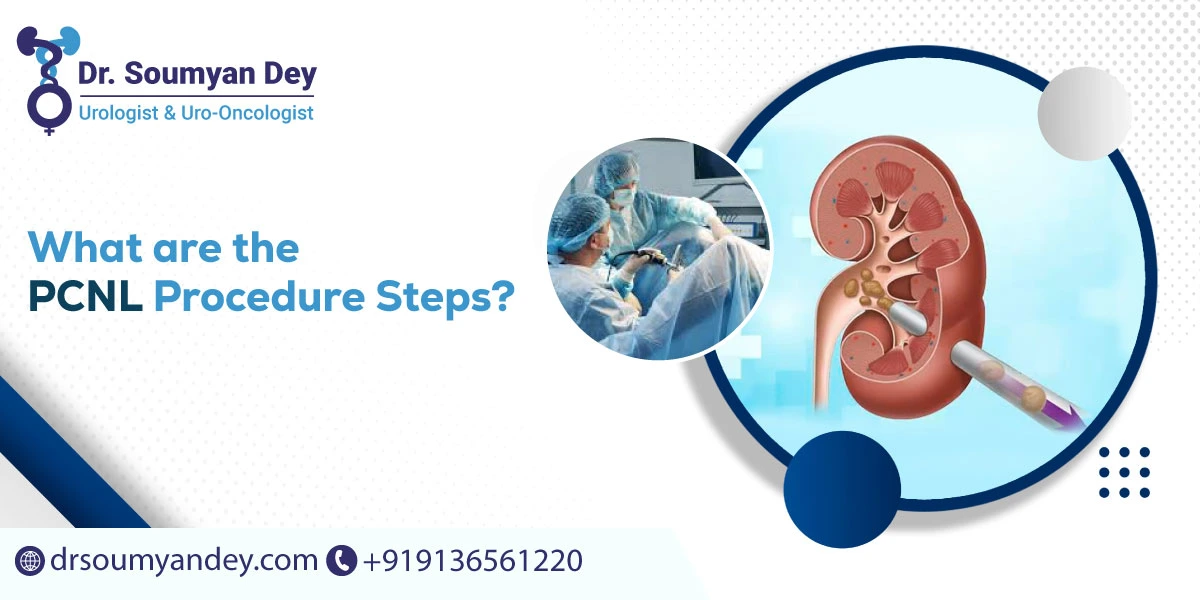Natural Remedies for Kidney Stones: Here’s What May Help
Kidney stones are very painful. If you have one or a bunch of these, you might experience unusual lower back pain. It is extreme, to say the least. The worst part is people who have kidney stones removed either through oral medical, or invasive procedures are likely to get them back after some time. Kidney stones need treatment based on their size and quantity. But a few natural home remedies can help speed up your recovery. Here are some tips that might help.
Stay Hydrated 
People with kidney stones need to drink enough fluids to stay hydrated throughout the day. Water is associated with a lower risk of kidney stone formation. Certain beverages, like orange juice, tea, and coffee, show the same effects.
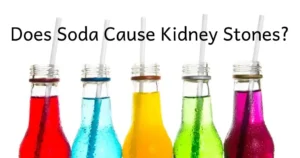
You should avoid sodas, cold drinks, and any artificial-sweetened drinks. They release uric acid and calcium oxalate, and both increase the risk of crystal formation in your kidneys. You should drink up to 3.6 liters of water daily to produce clear urine.
Tip: While some fluids are healthy for your kidney health, others might increase the risk of kidney stones. So, check with a urologist before drinking.
Limit Foods Rich in Oxalates
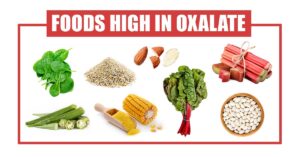
Our bodies produce a considerable amount of oxalic acid. It’s also found in large amounts in green leafy vegetables, cocoa, and certain fruits. Although oxalates aren’t harmful, they can be problematic for people with kidney stones.
Excess amounts of oxalate can bind different minerals, forming small crystals, which eventually become kidney stones. Limit the intake of foods containing high levels of oxalic acid, but ask your doctor first. That’s because oxalate-rich foods are important for your overall health, and its deficiency in your body can cause other problems.
Avoid Salt 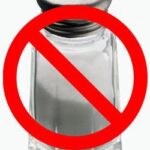
A diet rich in salt also increases your risk of kidney stones. As you increase your sodium intake, the calcium might excrete through urine. This can form kidney stones. Your urologist will recommend an ideal amount of sodium intake for a day, but ideally, you should limit it to 2,300 mg. Unfortunately, most people eat more salt than the recommended levels. To keep your sodium levels in check, avoid packaged and processed foods.
Eat Magnesium-Rich Foods
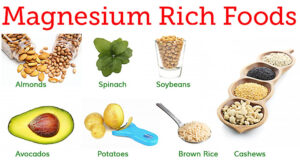
Although more research is needed, it is believed that magnesium reduces the risk of crystal formation or calcium excretion through urine. Experts recommend 420 mg of magnesium in your diet a day. If your diet doesn’t provide a sufficient amount of magnesium, try tofu, avocados, and legumes. They are excellent sources of diet-based magnesium.
Kidney stones consist of solid waste materials that accumulate in your kidneys and turn into solid crystals. These crystals can block the urine flow, causing your kidneys to swell and cause pain. You need to see a urologist in Mumbai immediately if you notice a sharp pain in the lower back and abdomen, blood in the urine, cloudy urine, and other symptoms. Blood tests and urine tests will help your urologist detect kidney stones. For a more clear diagnosis, they might order an ultrasound or CT scan.


